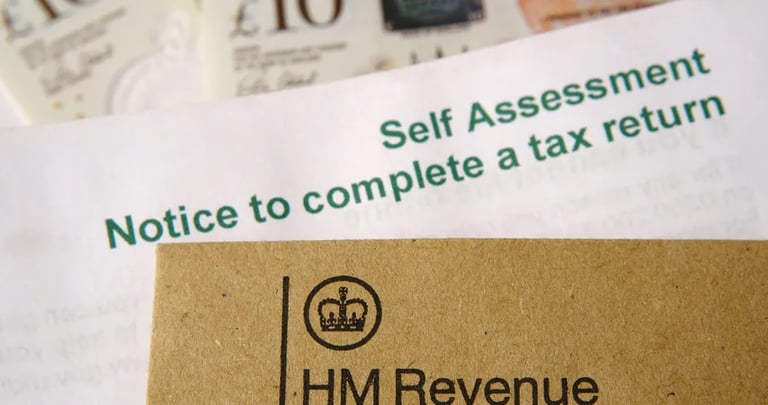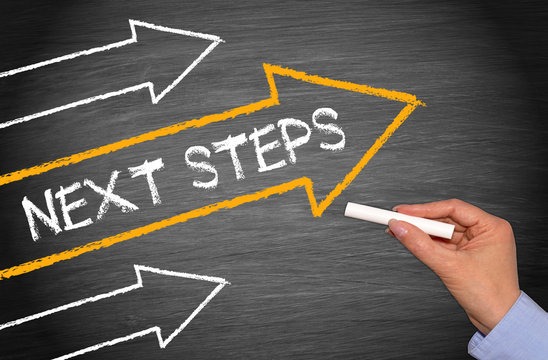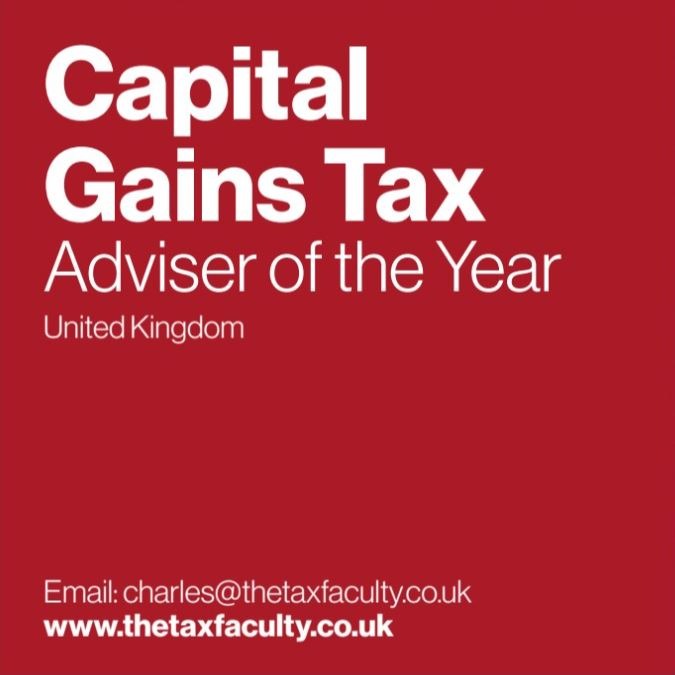TTF Tackles the Money Monster under your bed: Self-Assessment
This week we are tackling a common query we hear from both our friends and family AND our clients -"How do I know if I have to register for Self-Assessment?"
TAX COMPLIANCEHMRCSELF-ASSESSMENT


"I've been worried about self-assessment for a while now—I'm not even sure if I need to pay it, and to be honest, I've been ignoring it, hoping it would go away. I’ve been so busy with everything else.
Anxiety is really starting to set in. I don't know where to start, and I'm afraid I'll get hit with penalties if I don't sort it out soon."


Recently, we have had a number of clients reaching out and sharing their concerns about self-assessment. We completely understand how overwhelming this can feel, but there is a step-by step process you can follow to simplify it.
To begin with, assuming this is your first time engaging in the Self-Assessment process you may be wondering “What is Self-Assessment and why does HMRC use it?”
Self-assessment is a system used by HMRC to collect Income Tax from individuals and businesses that aren’t automatically taxed at source (such as through the Pay As you Earn "PAYE" system where your employer deducts tax from your income and pays this to HMRC on your behalf). If your situation is complex or involves income streams that aren’t taxed before they reach you, self-assessment is the usual method of how you declare this income and ensure the correct amount of tax is paid.
Firstly, we need to determine if you actually need to file a self-assessment tax return and consider some key questions:
Are you self-employed or a sole trader?
If yes, then you will likely need to complete a self-assessment.
Do you receive income from rental properties, savings, investments, or overseas income?
If you do, and this income isn’t taxed at source, you may need to file.
Have you received any untaxed income, or have you made any large capital gains?
This includes income from side jobs, freelancing, or significant sales of assets like property or shares.
Are you a higher earner with an income over £100,000?
If so, you will need to complete a self-assessment return to account for your full tax liability.
Do you or your partner receive Child Benefit and your income is over £50,000?
In this case, you might need to pay the High-Income Child Benefit Charge through self-assessment.
If questions still remain about your requirement to complete a Self-Assessment tax return, contacting a tax professional for some advice should be your first step. As always, we are here to help with any questions that you may have.


Secondly, what should you do next?
If any of the above scenarios apply to you, here’s what you should do:
Register for Self-Assessment: If you haven’t already, you need to register with HMRC. This should be done as soon as possible to avoid delays.
Gather Your Financial Records: Start collecting all relevant documents, including income statements, expense receipts, and any information on savings or investments.
Submit Your Return: The deadline for submitting your self-assessment tax return is 31st January. Missing this deadline could result in penalties, so it’s important to act now.
And finally...
If you’re still unsure or feel overwhelmed by the process, we strongly recommend consulting with a tax professional. They can provide tailored advice, help you streamline the whole process and ensure that you meet all your obligations without unnecessary stress.
Remember, ignoring this issue could lead to penalties and added stress, but addressing it now will give you peace of mind and protect you from potential fines. Don’t bury your head in the sand, take control, ask for help if needed and shed some light on that monster under your bed.
Capital Gains Tax Expertise: The Tax Faculty LLP Managing Partner Charles Tateson Named UK Capital Gains Tax Advisor of the Year 2023
The Finance Monthly Taxation Awards recognises the achievements of tax professionals from around the globe.
Winning such an award is no small feat. It is a reflection of hard work, extensive knowledge, and an ability to navigate the intricacies of the UK tax system.
Read more about Charles and the award here.



Contact Us
Contact us today on freephone 0800 0016 878 for a free consultation on all tax issues, or fill out the handy form below and we'll get back to you as soon as possible.
Alternatively, you can email us at info@thetaxfaculty.co.uk or complete the form below.
(Please note, non-UK callers may need to call 0207 101 3845 if your line cannot connect to our 0800 number)
Feel free to contact us through WhatsApp - we accept calls and messages.
Simply click the WhatsApp button below:


